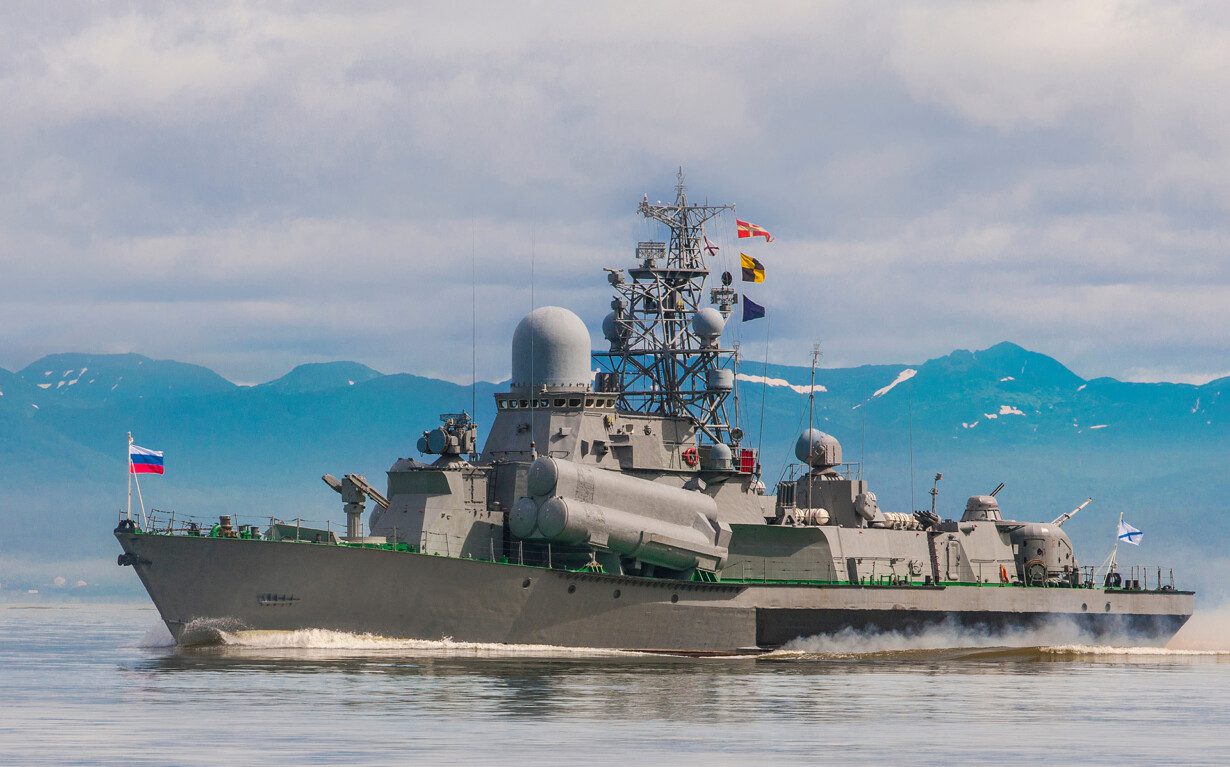Ino Afendouli, Ta NEA, February 11, 2023
Can we draw a direct line between the war in Ukraine and unfolding events in our neighbourhood? Yes, if we consider that Russia has influence over at least two countries in the region, Russia and Syria, and seeks in the context of its failed campaign to disrupt any attempt to resolve any problem-solving attempts in the region. The outreach from the Black Sea to the Mediterranean is an independent strategic variable for centuries in Russian foreign policy. That is a factor that will not be overlooked even as the war in Ukraine consumes most of its military power.
Even as the war enters its second year on February 24, Moscow cannot win, but seeks to undermine western policy in other fronts. Syria is the easiest place to advance, as it has control over the country. The rapprochement between the Assad regime and Turkey entails Russian encouragement and takes place at the expense of Kurdish YPG forces (Kurdish Popular Defence Forces). YPG spearheads the Syrian Democratic Forces coalition and is the main US ally in the region. It should be recalled that Ankara aspires to control North Syria, has branded this organisation terrorist, and threatens with an invasion with no regard of the fact that this would set the country on a collision course with the United States. An invasion could take place prior to May 14, to present the conquest as spoils linked to Erdogan’s reelection.
Moscow no doubt supports that re-election and could rally its hybrid capacity towards this end. Russian technology aimed at subverting electoral results is well established. And today’s Turkish leadership is a formidable ally for Putin. Its differentiation from the western policy line undermines the credibility of the West and can have a bearing on public opinion in Central Eastern Europe – Czech Republic, Slovakia, Hungary – where these trends are already evident.
Even in Greece, the autumn 2022 Eurobarometer results in 24 member states indicate that public opinion stands behind the EU position with the exception of Slovakia, Bulgaria, and Greece (where 49%, 48%, and 48% respectively object). The same study suggests that three quarters of EU public opinion (73%) agrees with the EU sanctions against Russia, compared with barely 46% in Greece.
As we are nearing elections, there is fertile ground to seed anti-Western narratives through hybrid means, undermining a government that from the outset stood by Ukraine, questioning the traditional Greek policy lines. The posts of the Russian embassy on social media speak to this fact and their interference in pre-electoral campaigning is not likely to be entirely transparent. We should be ready for covert action.



